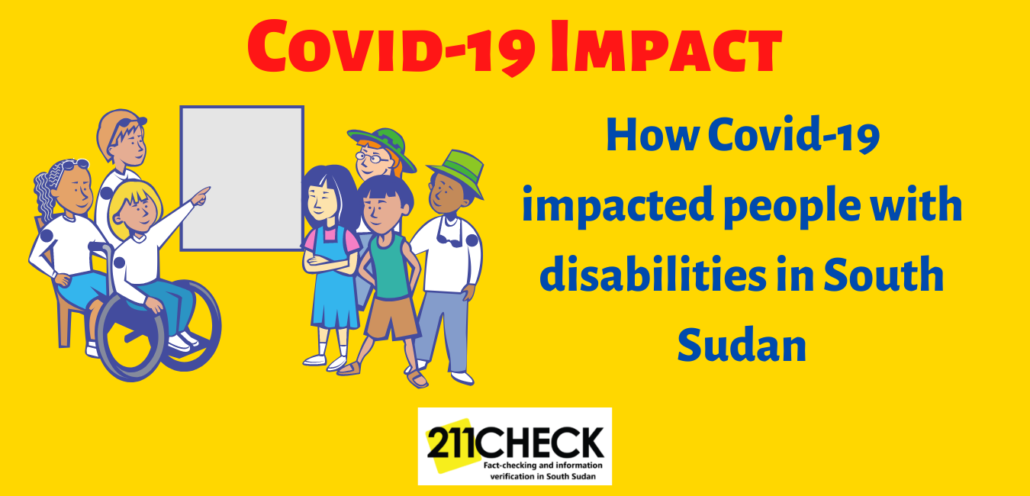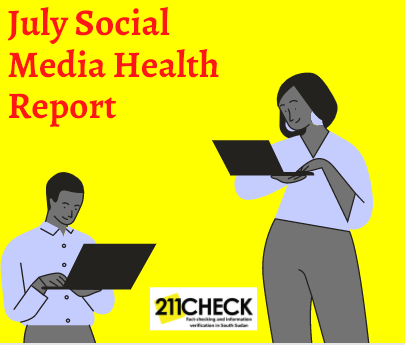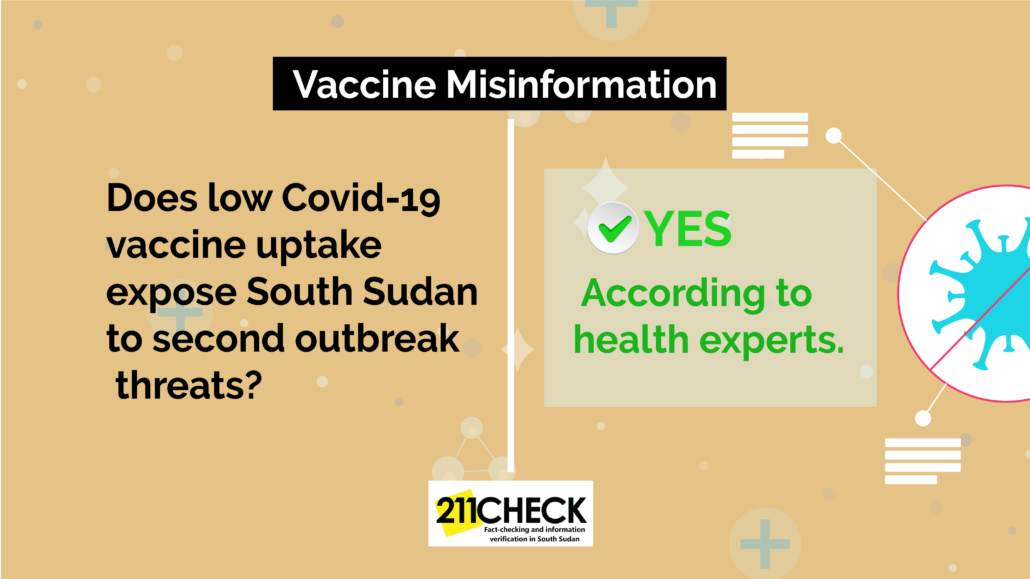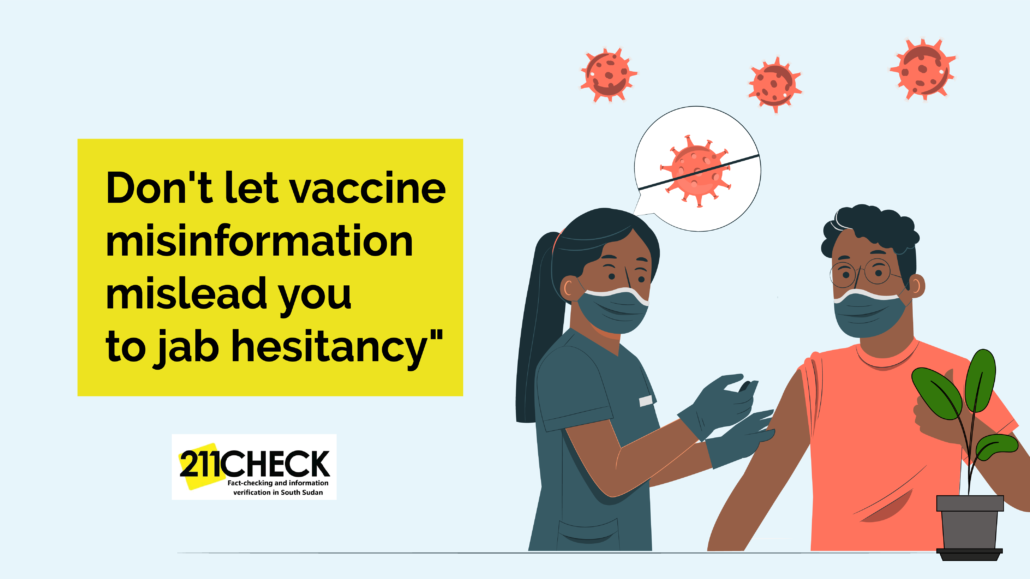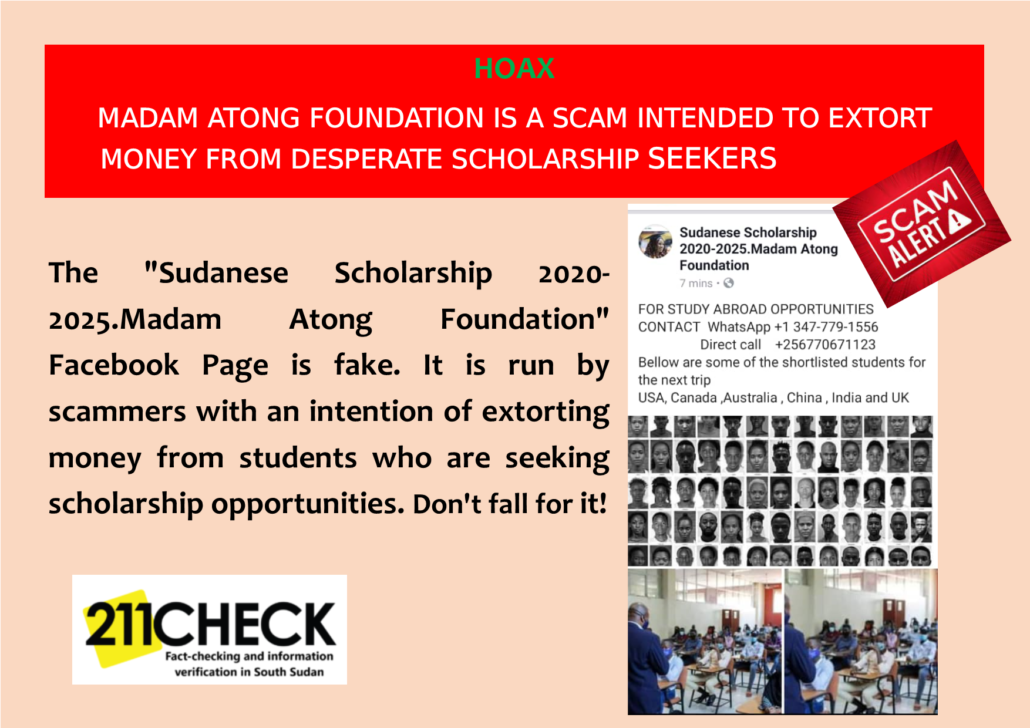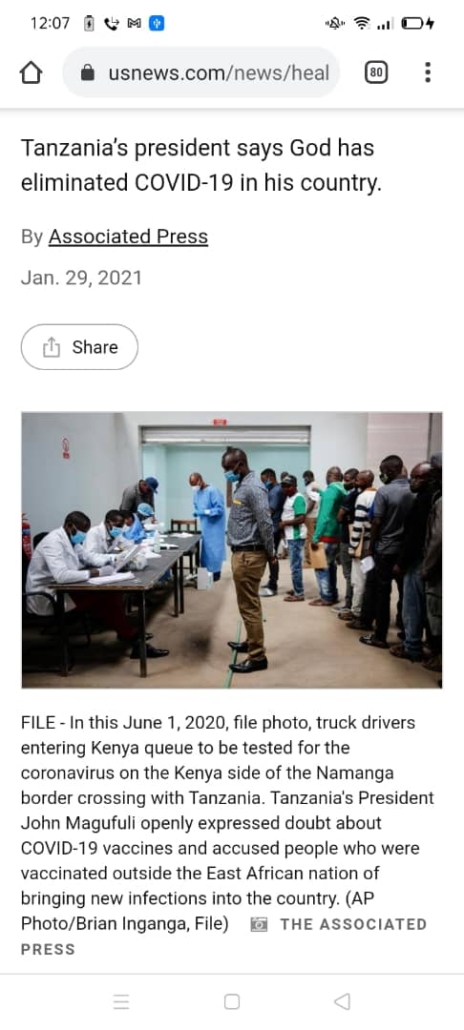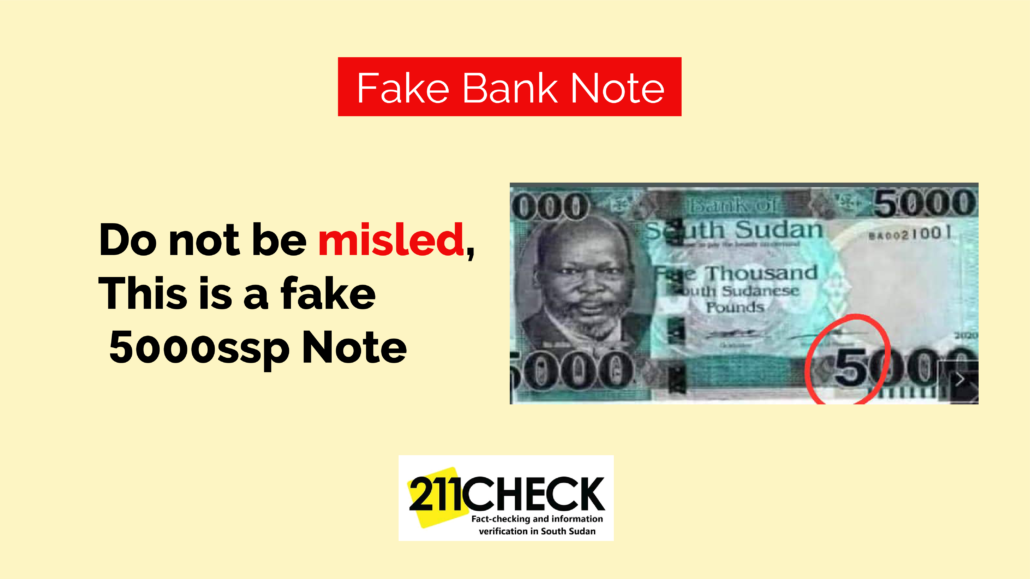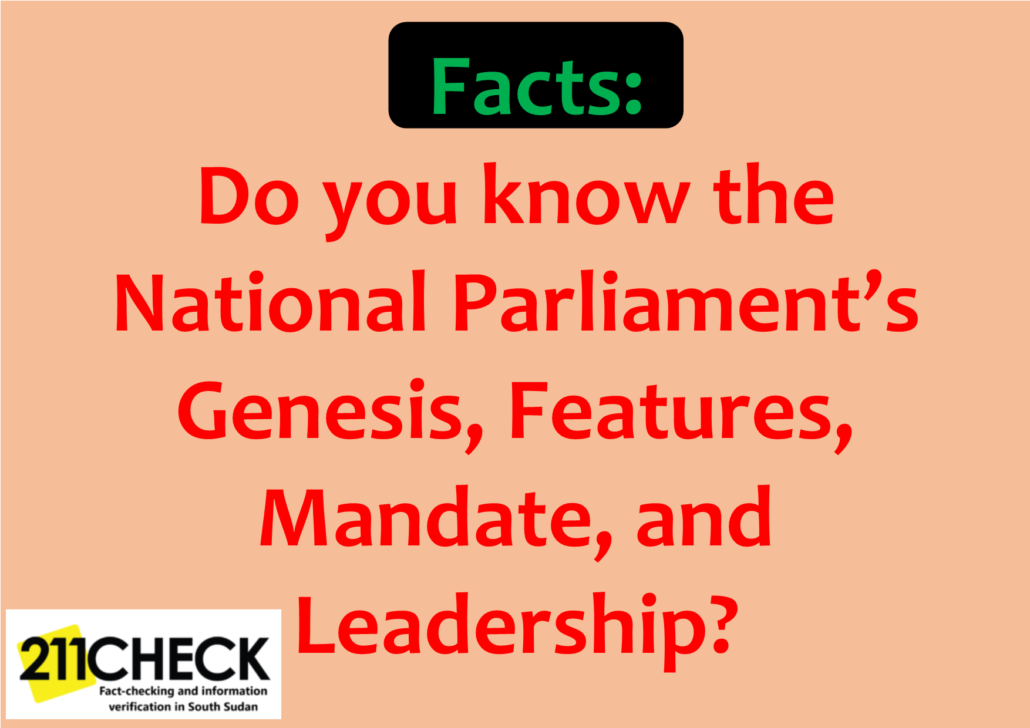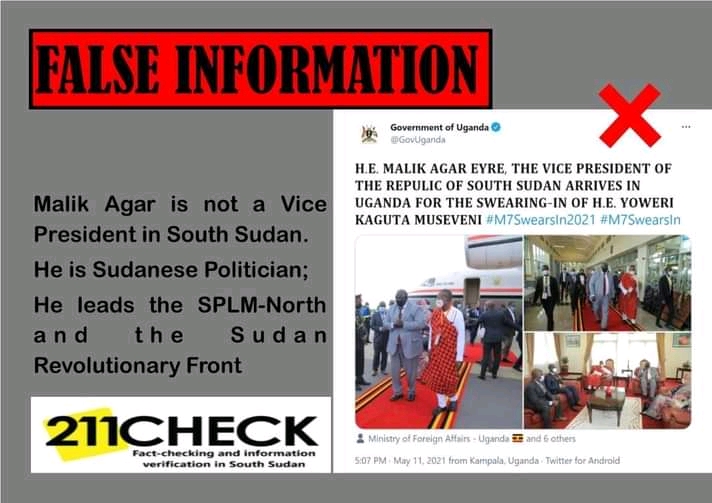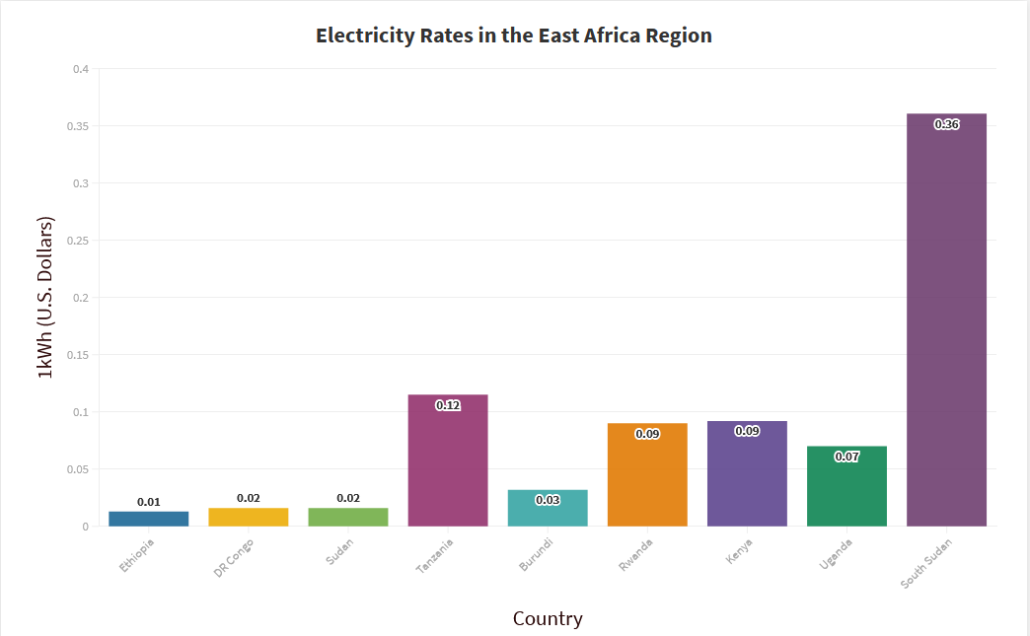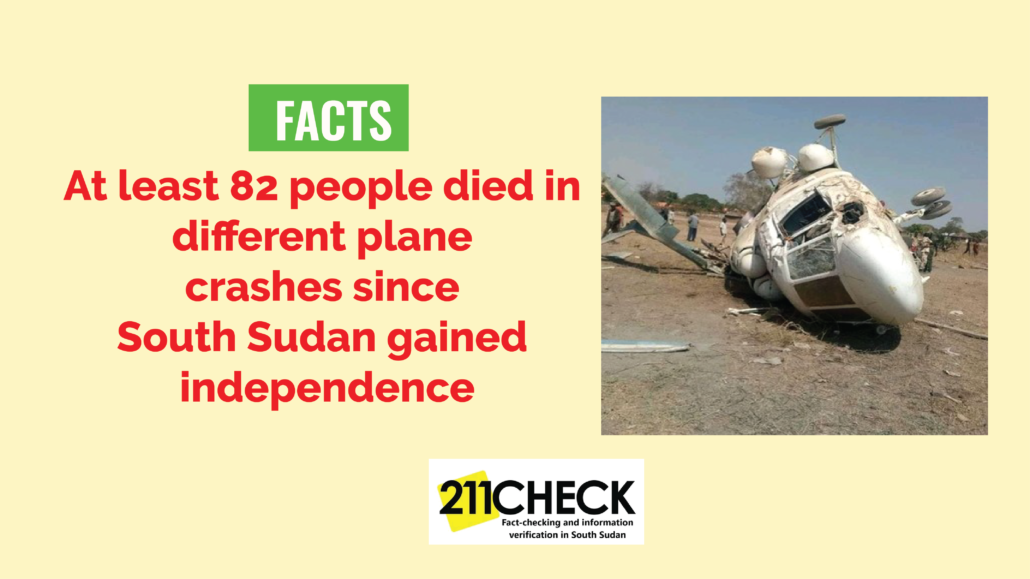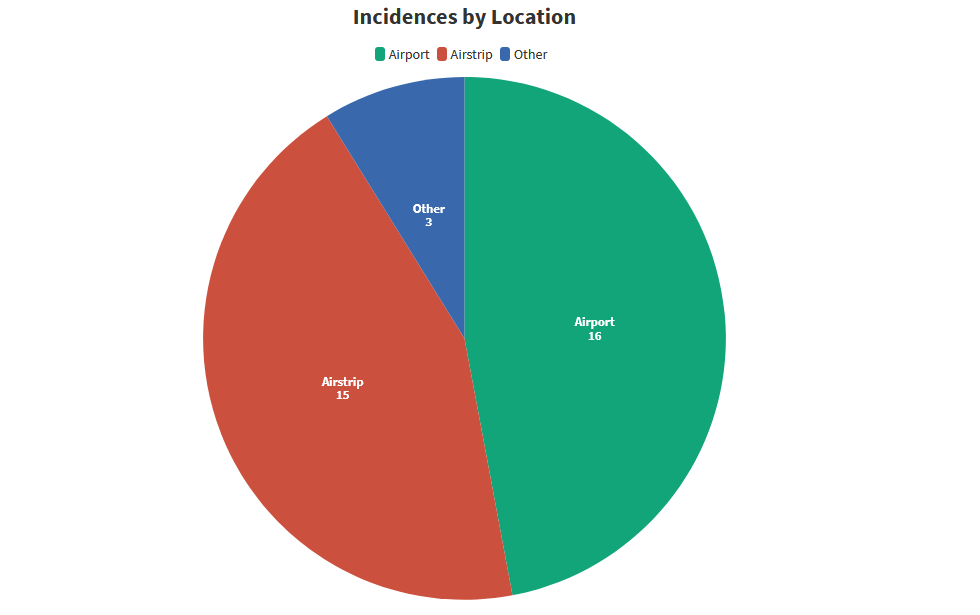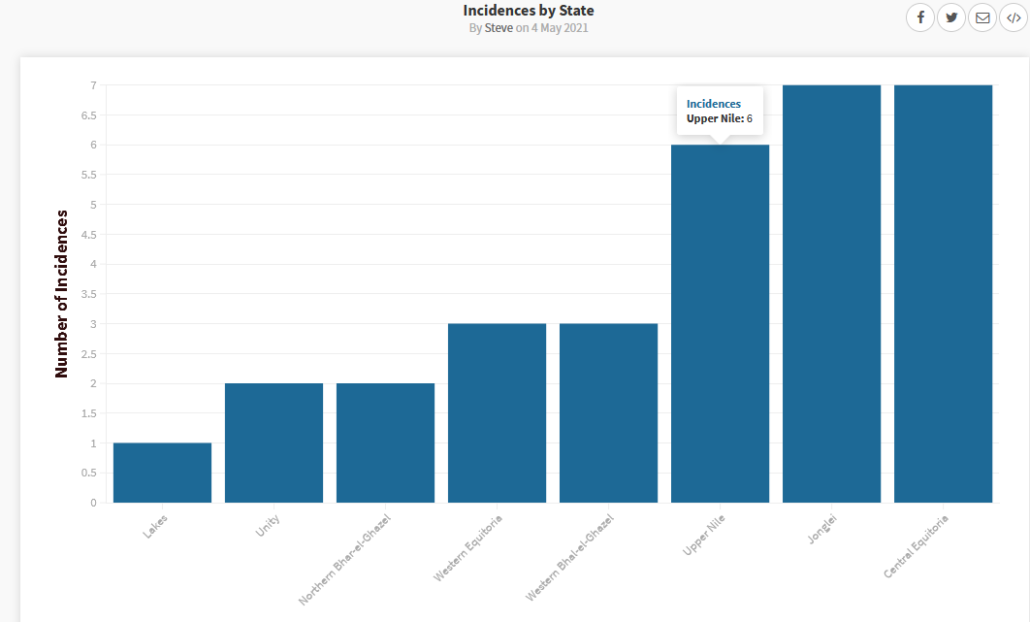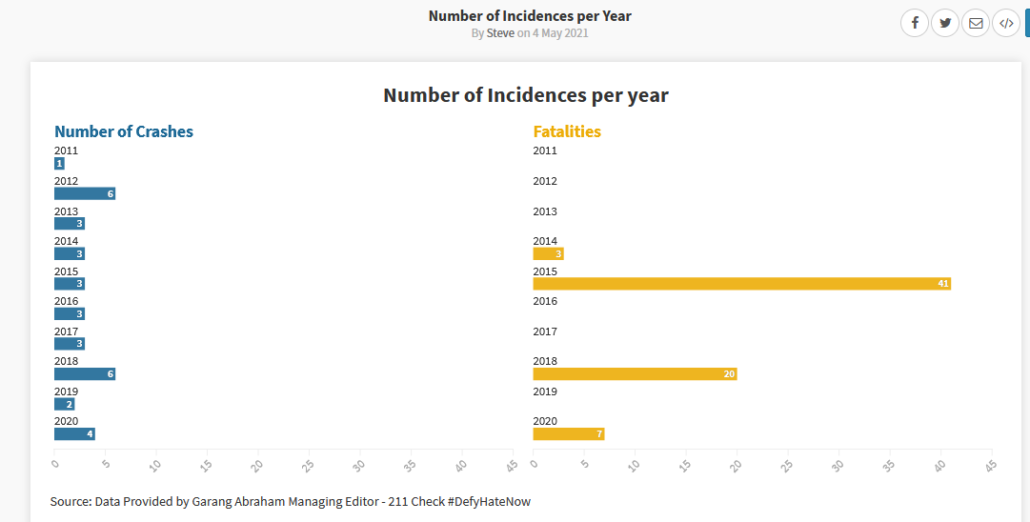Covid-19 worsens the already distressed state of ‘Persons with Disability’ in South Sudan
By Woja Emmanuel Wani and Viola Elias – AFF Cohort 3 fellows
South Sudan like other countries is battling to contain the spread of Covid-19 since the world youngest nation registered its first coronavirus case on April 5 2019 through a foreign national that travelled from the Netherlands via Ethiopia capital Addiss-Ababa and later to Juba.
For a country with 12 million people and with the poorest health infrastructure according to UN health reports, the situation of people living with disabilities could be way far devastating.
According to the South Sudan Union of People with Disabilities, close to 11% of the population of South Sudan are probably or in fact affected by disabilities, representing over one million PwDs. Within camps for internally displaced persons (IDPs) alone, it is estimated that there are up to 250,000 PwDs.
According to members of civil society, since Covid-19 emergence, the status quo of PWDs has changed drastically, ranging from their socialization, rights, freedoms, among others. Many activists say the disease increased fear, stigmatization and has worsened the health conditions of people with disability.
A 2013 UN report stated that out of the 15% of PWDs in South Sudan, 5.8% need to be provided with services. But this has not been the case for Sarah Andrua – a physically impaired orphan who lost both parents in early 2000s when she was 1.
The 20 year old University of Juba student says she finds it difficult to transport herself from home to school due to lack of mobility.
“Before I came to Juba to live with my uncle, I had spent most of my childhood at the orphanage home in Nimule. Growing without my parents and with parental love was not something easy at all. At some point in my life, I moved from one relative’s house to another”
Sarah narrated her ideal to 211 Check.
Sarah stressed that as a person with physical disability, she endured stigma from her own family and community members.
“We people with physical disabilities have our own challenges which include rejection by our families and communities but when covid-19 came, it became more difficult for us. As for my case, transportation has been my main challenge to extend I at some point, I was about to quit my studies. Imagine, I commute from Gudele Jebel Yausu residential area everyday to the campus in Hai Soura”
Sarah added.
The Bachelor Degree ‘Community Studies’ student added that she almost quit due to financial constraints caused by Covid-19.
‘I wanted to quit my studies so that I could just stay home, but I then initiated a talk with the former manager of the orphanage center, who later encouraged me. He also continues to aid me with finances, so I can further my education. As we speak”
Sarah revealed.
Andrua who appeals for mobility assistance went on to encourage people with disability to never give up during hard pandemic season.
Constitution on disability
The World Health Organization in a 2013 report stated that Persons with Disabilities (PWDs) are approximately estimated to be 15% of the Population across South Sudan, with most disabilities acquired during the liberation period.
The right to education for all citizens of South Sudan, regardless of disability or gender, is enshrined in article 29 of the Transitional Constitution. However PWDs have not been able to realise this human right, according to South Sudanese civil society activists.
Despite the “Education for All” campaigns, access to education by PWDs is still limited in South Sudan and particularly children with disabilities are the most disadvantaged.
Misinformation Vs Disability
According to health experts, COVID-19 has created unprecedented challenges to safety and security worldwide but most adversely on persons with disabilities.
In Juba, these challenges have been registered on the basis of Covid-19 information dissemination to the communities carried out by numerous national and international organizations, UN agencies and health authorities.
Distributing accurate and timely messages and countering the spread of misinformation is critical in the context of the COVID-19 pandemic but this has not been the case with the visually impaired persons in South Sudan, according to Mr. Ambrose Lobijo.
The 46 year old Gudele resident who is a virtually impaired stressed that his environment has been and continues to be flooded with Covid-19 misinformation and fake news.
The father of three states that Covid-19 myths have even made him deny coronavirus vaccination, stressing that he was advised by his family members to never take the jab because it might worsen his already existing illness.
“For the last three years, I have been suffering from a disease that makes me fall down at least once or twice a month. My family thinks if I take the jab, it will affect my well-being further”
said Ambrose
But the World Health Organization (WHO) says people with underlying conditions such as cancer, asthma, and heart disease, among others can also be vaccinated.
However, Ambrose says his health complication has been examined severally but doctors failed to identify what exactly contributes to his unpredicted collapse occurrence that often happen.
“At first, I wanted to be vaccinated but my brother told me he heard on the radio that the vaccine is not for people who have mental problems. I consider myself mentally ill because sometimes fall on the road, in the markets or even in public taxi”
Ambrose added
When contacted for comment on the vaccine myths, Dr. John Romunu – Director for Preventive Health Services at the Ministry of Health disputes the claims, adding that the vaccine does not have any negative impact on the mental health of a person.
Dr. John, instead said only persons with internal heath disorders such as respiratory infections are advised to be examined before taking the jab.
“There has never been medical proof that people suffering from internal mental disabilities shouldn’t take the jabs. The instructions from WHO are clear, only persons with respiratory conditions may be the ones at risk if they get vaccinated. My message to people is that, any information out there regarding the vaccine without scientific defense is a lie and should be considered fake”
Said Romunu
Disability is a complex, diverse, and growing global concern. Doctors believe every person with a disability has unique features and requirements in their lives.
Article 25 of the UN Convention on the Rights of Persons with Disabilities reinforces the right of PwDs to achieve the highest possible standard of health and well-being without any form of discrimination based on disabilities.
The convention states that PwDs’ needs should not be ignored during an emergency lockdown – a provision which entitles them to safe and accessible formats for information on COVID-19, including the use of sign languages.
The convention also advocates for creation of an enabling environment for caregivers/peers/community members who can assist disabled persons by providing essential services.
It also calls for promotion of awareness and sensitization to health-care providers to provide equal opportunities, maintaining dignity and respect whenever a person with disability requires care in hospital.
End..

